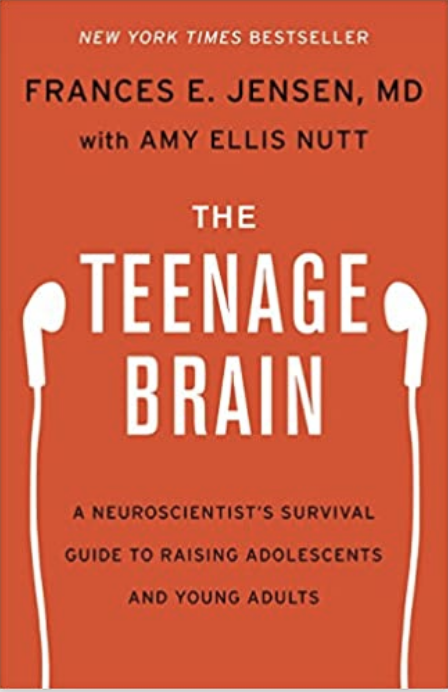The Battle I Won But Lost Anyway

In the summer of 2005, we were renovating our home. One of the countless decisions that had to be made amidst the chaos of that project was whether or not to add a cable hook up in each of the three children's bedrooms. As a family, we had cable and we were keeping cable, but in my mind, hooking up the kids' rooms was a non-starter: "NO WAY! They'll be hiding in their rooms, by themselves, not learning how to negotiate the remote to decide between The Dukes of Hazard and The Six Million Dollar Man reruns. How will they learn how to be loving siblings and navigate togetherness if they are never together?"
Remarkably, I won that battle. But then, thanks to the relentless march of technology, I ended up losing anyway. In the blink of an eye we had iPods, iPads, iPhones, laptops, desktops, and every kid had multiple devices -- all (in)conveniently Wi-Fi enabled.
I've been thinking about this a lot because I'm in the middle of reading The Teenage Brain by esteemed author, neuroscientist, and single-mom Frances Jensen. She stresses that the adolescent brain is NOT just a smaller adult brain and that it has unique vulnerabilities and gifts during this developmental stage. I did know that much, but the statistic that smacked me upside the head is from a study conducted at JFK Medical Center in New Jersey. They found that one in five teenagers brings their device to bed and subsequently sends and/or receives an AVERAGE of 34 texts every night AFTER they've ostensibly gone to sleep — in other words, they're waking up dozens of times just as they're supposed to be falling asleep and staying asleep. This is clearly not optimal developmentally given that neuroscience is very clear on the correlation between sleep and learning, sleep and physical health, sleep and emotional health, and sleep and cognition.
It reminded my of my long-lost desire to keep cable connections out of my kids' rooms, and reinforced my evergreen concern that being "always on" is detrimental, particularly to growing teens. And while my kids are now learning to respect the critical importance of sleep, and the power of "airplane mode," I still wish I could find a way, in our "always on" world, to give each of them time each day to be momentarily off.



0 comments
Leave a comment